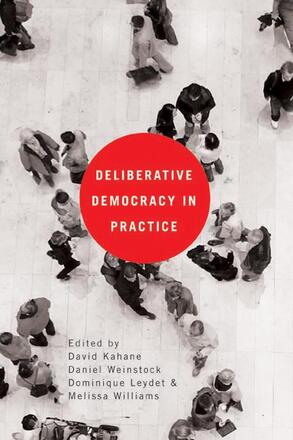
A dynamic exploration of how deliberative democracy can be implemented in complex and unjust societies.
Description
Deliberative democracy is a dominant paradigm in normative political philosophy. Deliberative democrats want politics to be more than a clash of contending interests, and they believe political decisions should emerge from reasoned dialogue among citizens. But can these ideals be realized in complex and unjust societies? This book brings together leading scholars who explore debates in deliberative democratic theory in four areas of practice: education, constitutions and state boundaries, indigenous-settler relations, and citizen participation and public consultation. This dynamic volume casts new light on the strengths and limitations of deliberative democratic theory, offering guidance to policy makers and to students and scholars interested in democratic justice.